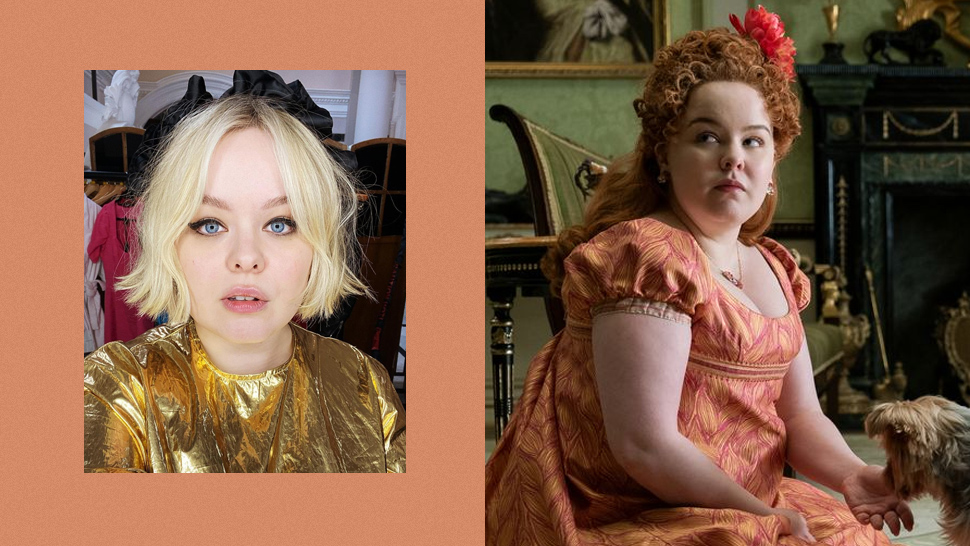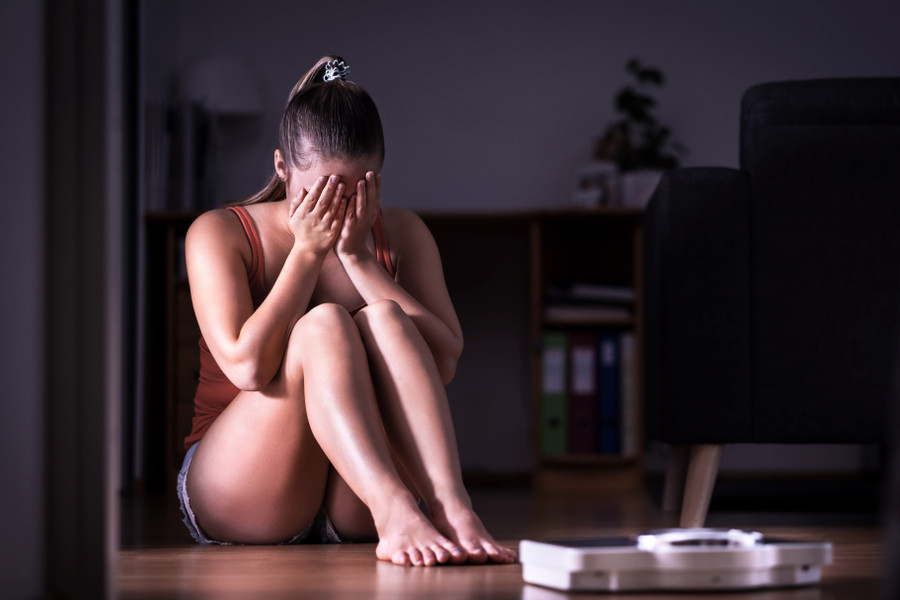Nicola Coughlan combats body-shaming with humour and boldness. Learn about the impacts of body shaming and strategies to overcome it.

Nicola Coughlan, widely recognised for her role as Penelope Featherington and Lady Whistledown in Netflix’s hit series *Bridgerton*, has not only captivated audiences with her on-screen performance but also with her commendable off-screen stance against body-shaming. Recently, during the promotion of *Bridgerton* Season 3 Part 2 in Dublin, Ireland, alongside co-star Luke Newton, who portrays her love interest Colin Bridgerton, Nicola confronted body-shamers with a mix of wit and boldness that left many applauding.
Nicola Coughlan’s Bold Stand

At the Dublin event, an audience member made an inappropriate comment about Nicola’s scenes in the series, which revealed some skin. Nicola’s response was swift and sharp, as seen in a video that has since gone viral on social media platform X. She stated, “You know, it is hard because I think women with my body type, women with perfect breasts, we don’t get to see ourselves on screen enough.” She continued, “And I’m very proud as a member of the perfect breast community. I hope you enjoy seeing them.” This response not only silenced the critic but also garnered cheers and laughter from the audience, highlighting her ability to turn negativity into empowerment.
Nicola’s candid approach extends beyond live events. In an interview with *Britain’s Stylist Magazine* for their May issue, she discussed the pervasive and often hurtful discourse surrounding her body. “There is so much discourse online about how I look, and I don’t think I could ever express how hard that is,” she revealed. “It’s insulting because I worked hard on this show; a year of fittings and dance lessons and shooting, I barely saw my family, I gave it my absolute all. And then I start doing press and all people want to talk about is my body? It’s so f**king disappointing and reductive.”
The Impact of Body Shaming
Body shaming, the act of making negative comments about someone’s body, can have severe repercussions on mental health. This harmful behavior can target aspects such as size, age, appearance, and perceived attractiveness. The consequences of body shaming are far-reaching and can lead to serious mental health issues including:
Eating Disorders: Body shaming can trigger or worsen conditions such as anorexia, bulimia, and binge eating disorder.
Depression and Anxiety: Constant negative commentary can lead to persistent feelings of sadness, hopelessness, and nervousness.
Low Self-Estee*: Individuals may start to view themselves negatively, affecting their confidence and overall self-worth.
Body Dysmorphia: This condition involves an obsessive focus on perceived flaws in appearance.
Increased Risk of Self-Harm or Suicide: The psychological distress from body shaming can push individuals towards harmful behaviours.

Historical and Cultural Perspectives on Body Shaming
Historically, societal standards of beauty have shifted dramatically. In earlier centuries, larger bodies were often seen as symbols of wealth and health. For instance, before the 1800s, plumpness was often revered, as evidenced in art from that period. However, the mid-19th century saw the emergence of diet culture, particularly in England, which began to favour smaller body sizes, a shift detailed by Amy Erdman Farrell in “Fat Shame: Stigma and the Fat Body in American Culture.” Additionally, Sabrina Strings’ “Fearing the Black Body: The Racial Origins of Fat Phobia” links fatphobia to colonialism and racial discrimination, showing the complex roots of modern body shaming.
Why We Need to Stop Body Shaming
The negative effects of body shaming are numerous and profound. Adolescents who experience body shaming are at a significantly higher risk of developing depression. Body shaming also contributes to poor outcomes for those trying to overcome binge eating and can lead to pervasive dissatisfaction with one’s body. Mental health issues such as anxiety, depression, and body dysmorphic disorder are common among those who have been body-shamed, and these issues can severely impact the quality of life.
How to Overcome Body Shaming
Embrace Body Inclusivity
One effective way to combat body shaming is to foster a culture of body inclusivity. This involves accepting and celebrating diverse body types, focusing on health rather than appearance, and appreciating the human body for its capabilities rather than its looks.
Change How We Talk About Bodies
To create a more positive environment, it is crucial to avoid making negative comments about anyone’s body. Instead of critiquing, find something positive to say. For example, complimenting someone’s smile or their kindness can shift the focus away from physical appearance.
Practice Body Neutrality
Body neutrality encourages accepting bodies as they are without judgment. This practice can improve mental health by reducing the pressure to conform to unrealistic body standards. It emphasises the functionality and health of the body over its appearance.
Speak Up Against Body Shaming
It’s important to challenge body shaming whenever it occurs. If it is safe to do so, call out negative comments about others’ bodies. Promote respectful and kind conversations about body image, and encourage others to do the same.
Bottomline
Nicola Coughlan’s response to body shaming is a powerful reminder of the importance of standing up against negativity with confidence and humour. By fostering a culture of body positivity and inclusivity, we can help mitigate the harmful effects of body shaming and promote a healthier, more accepting society.





